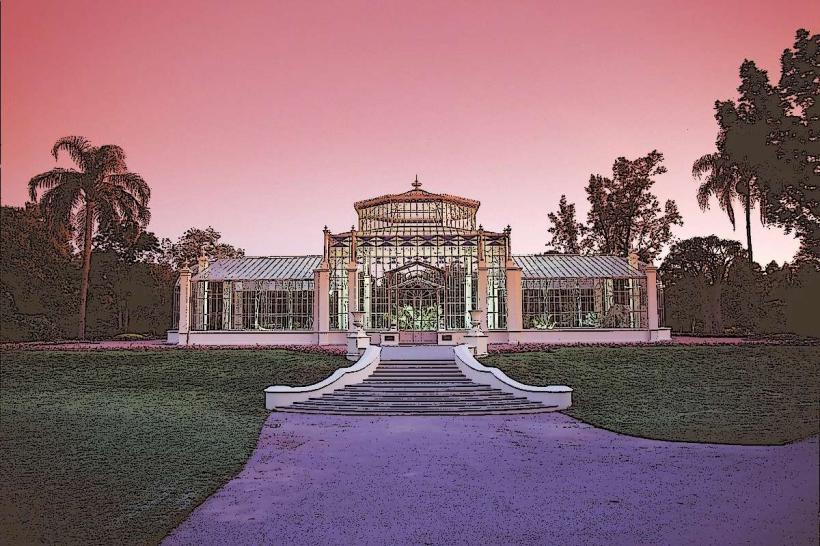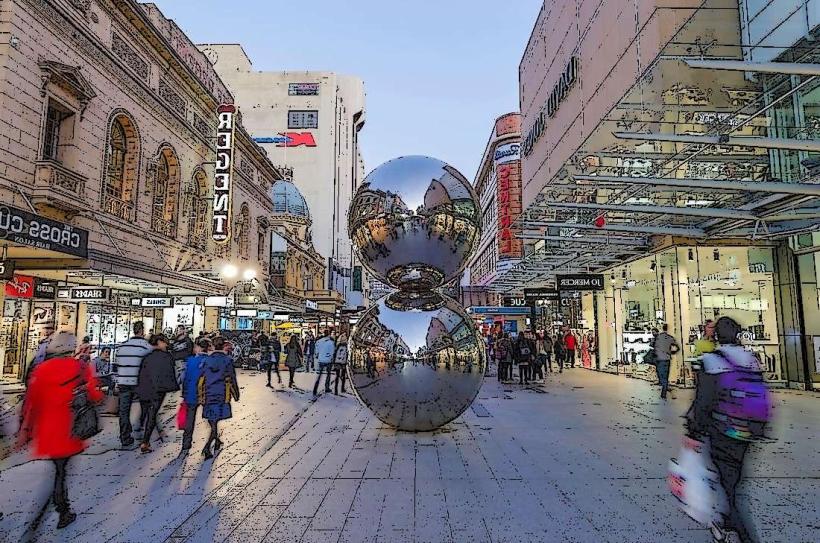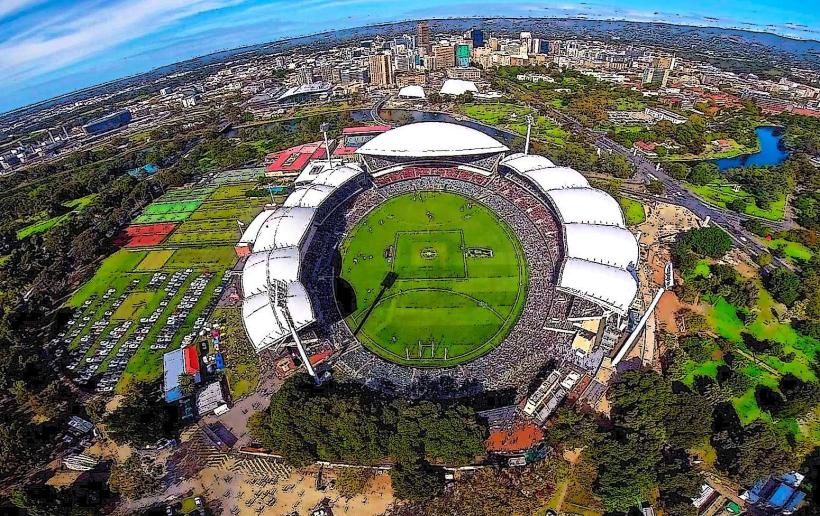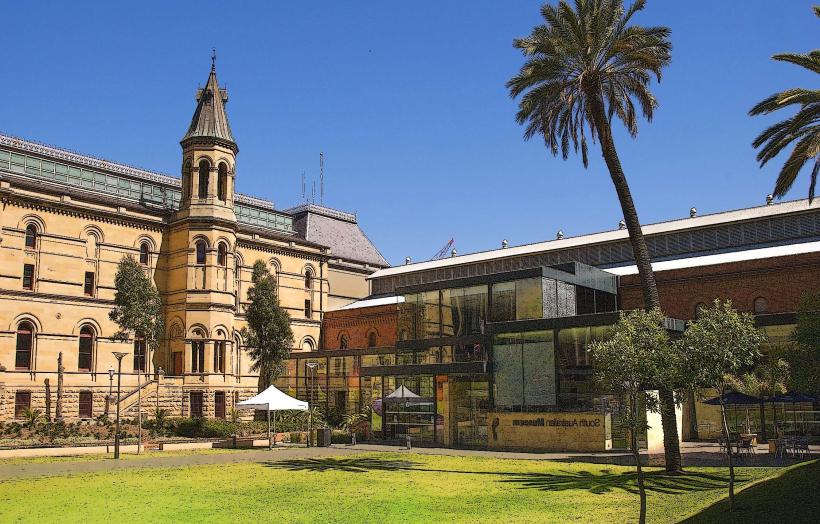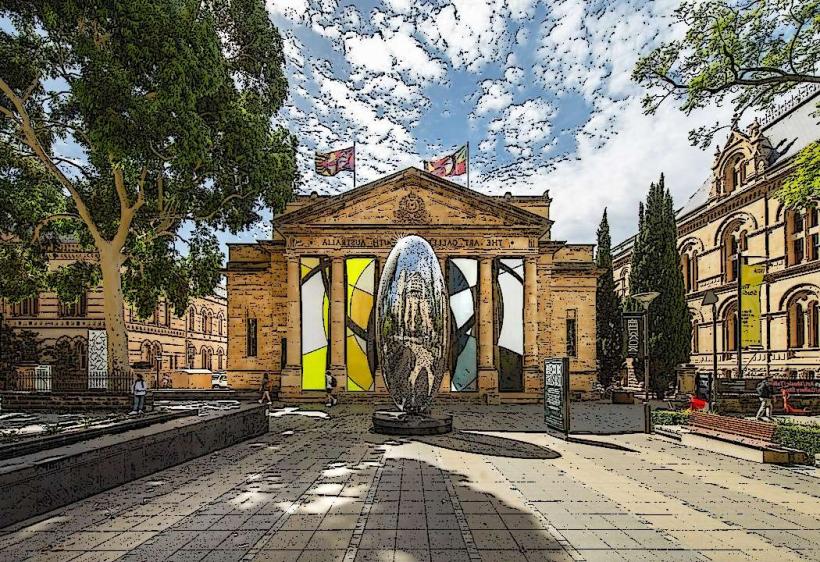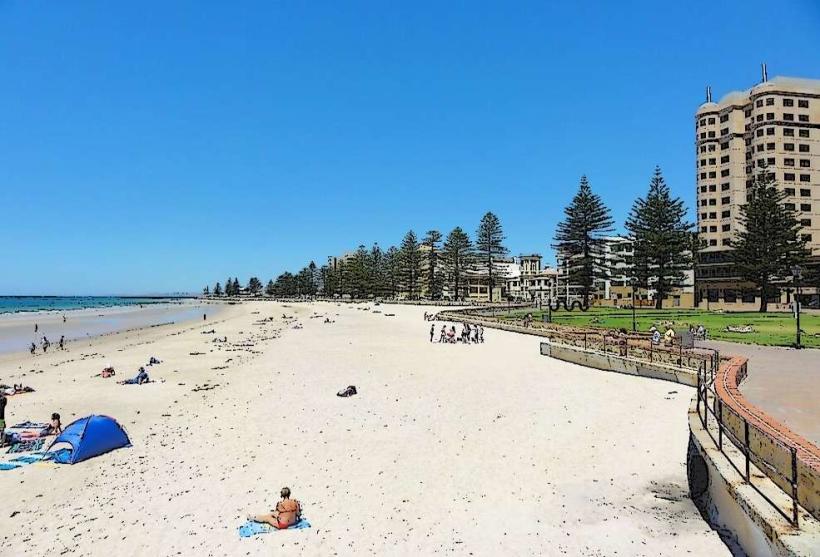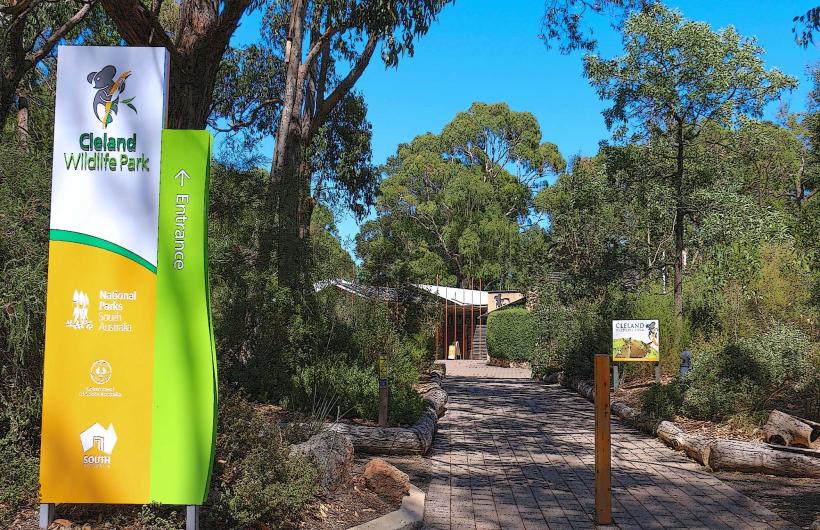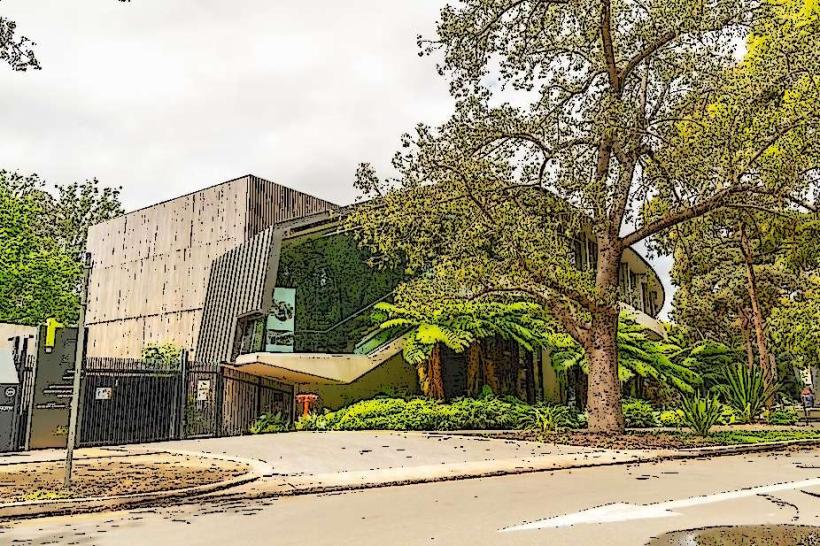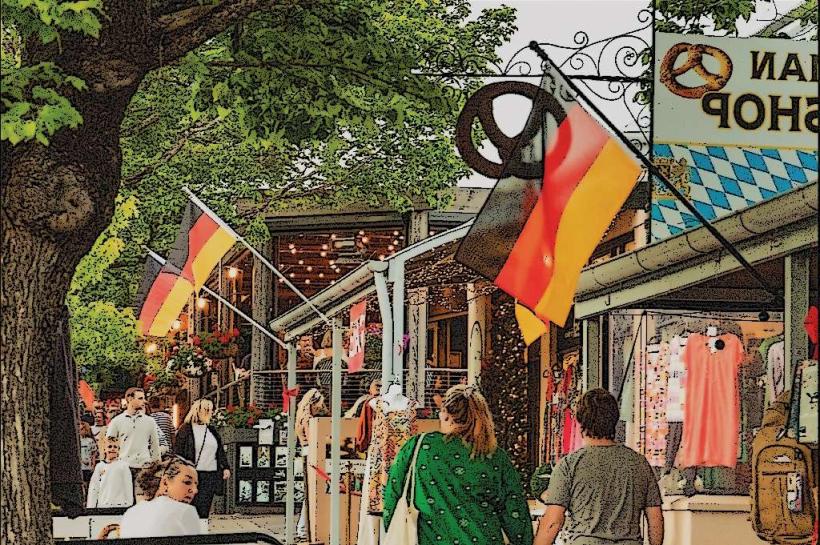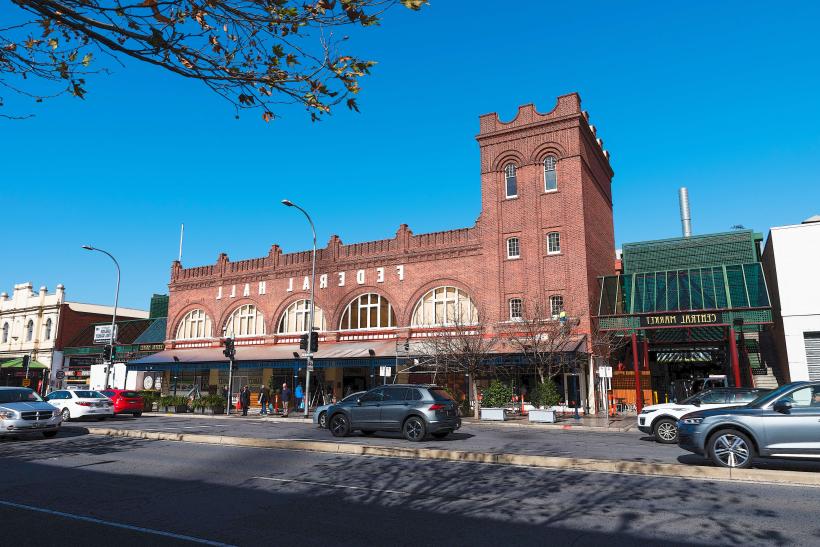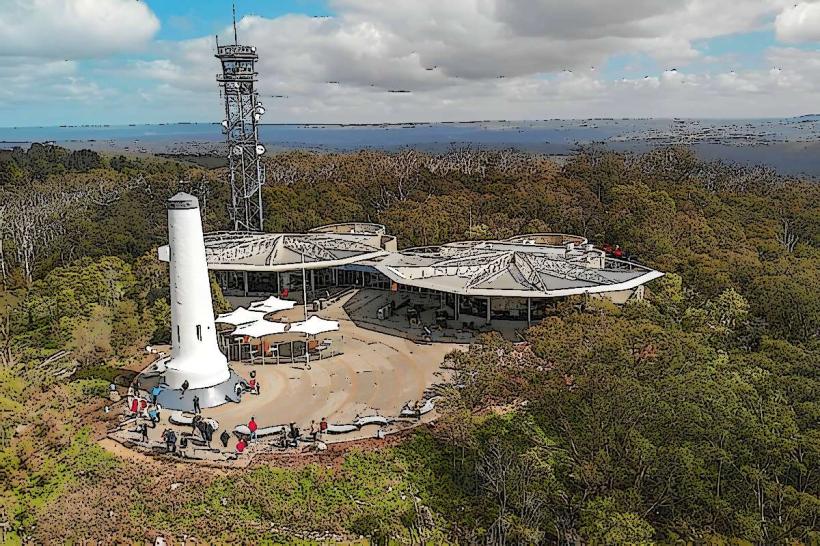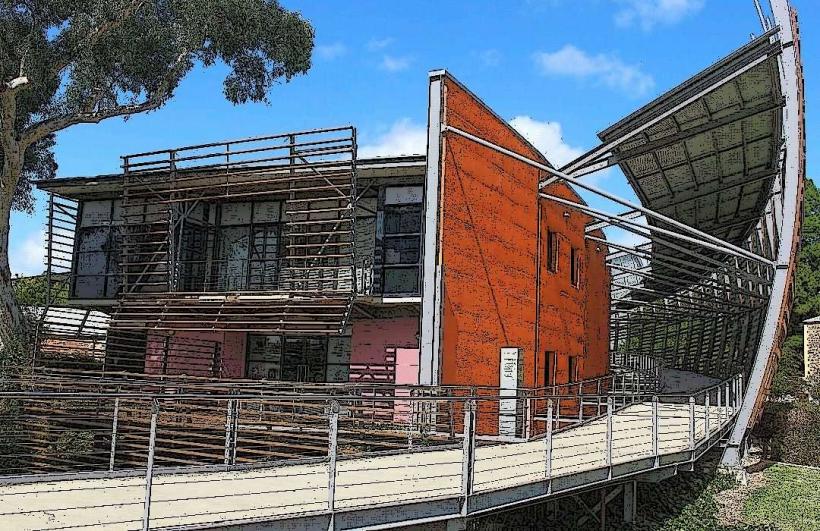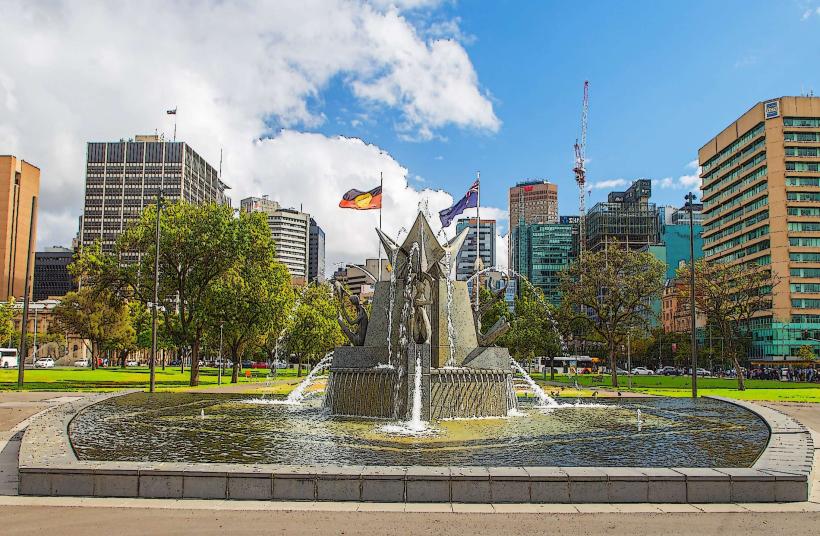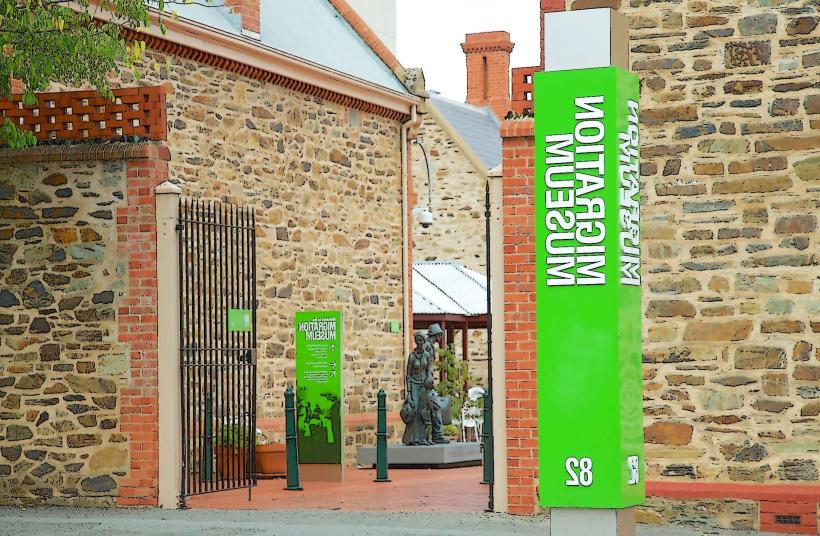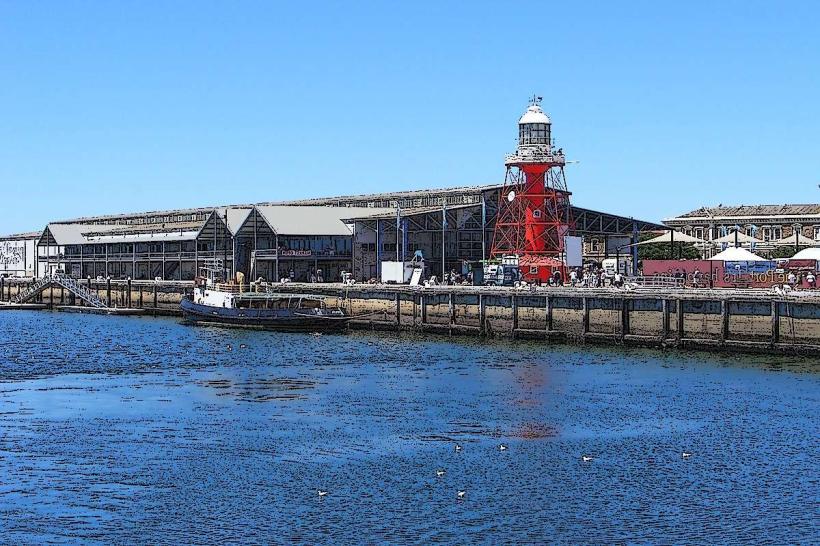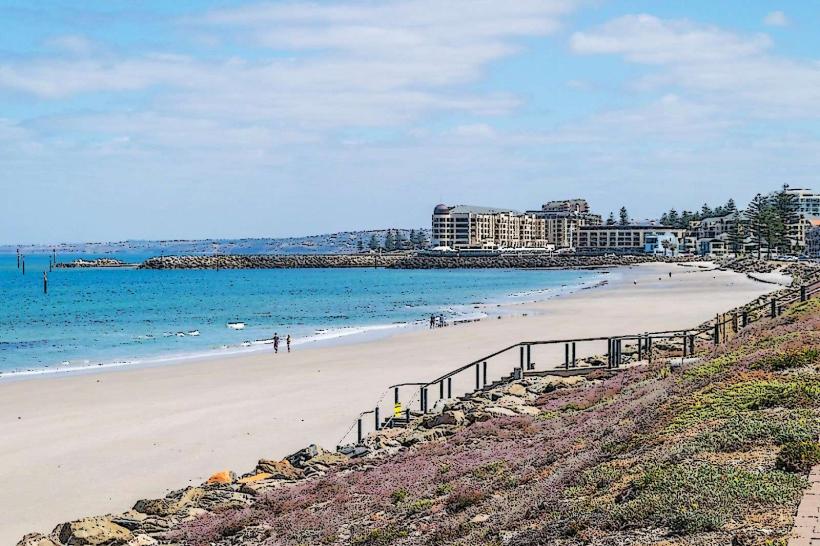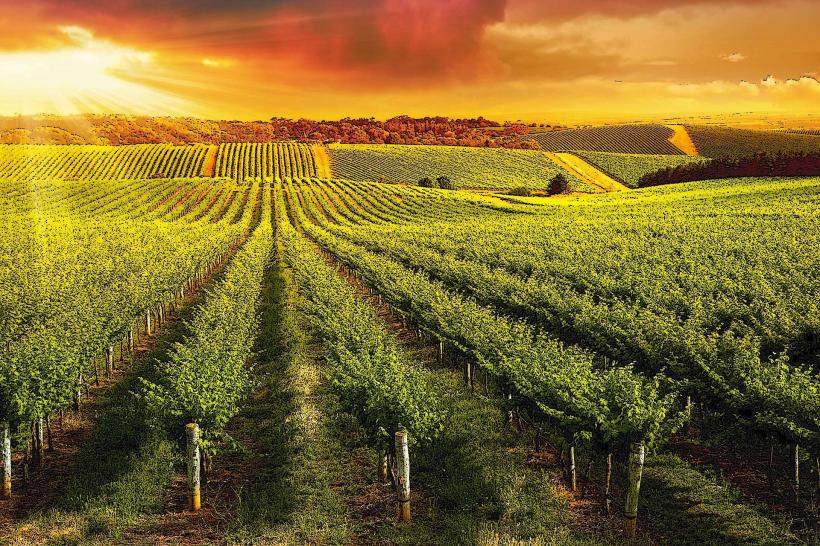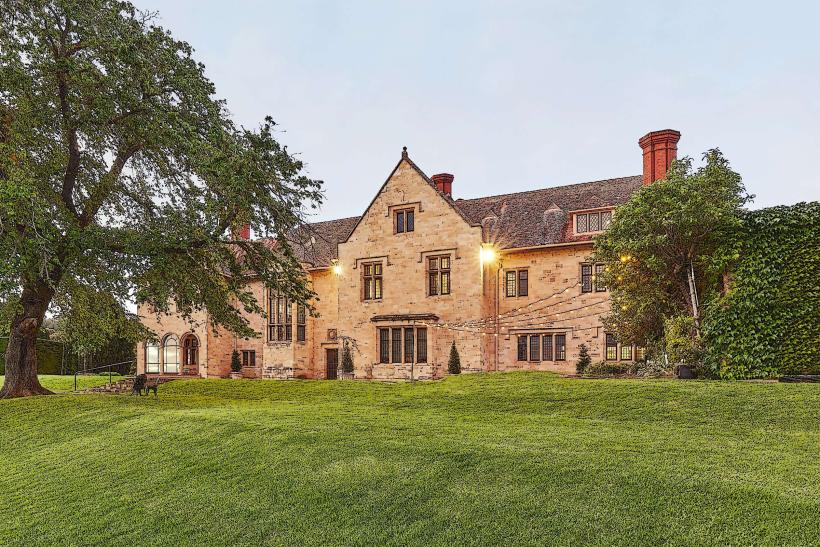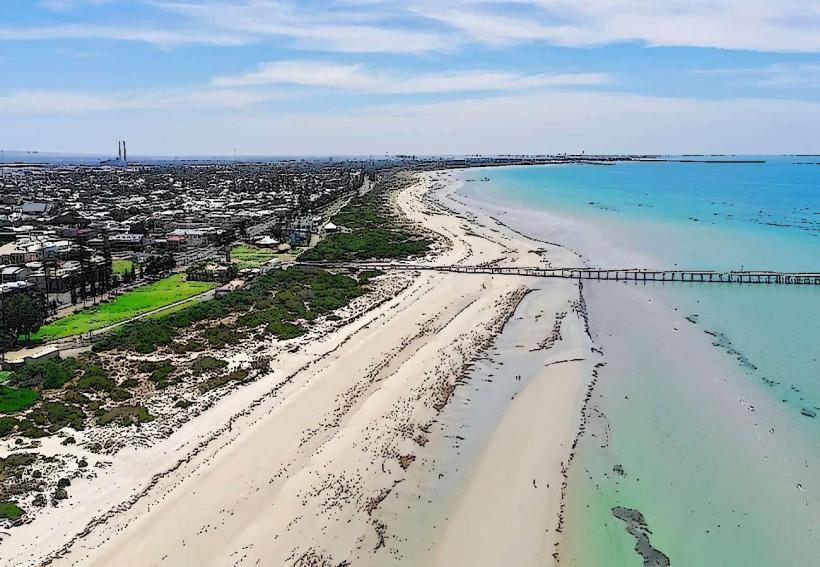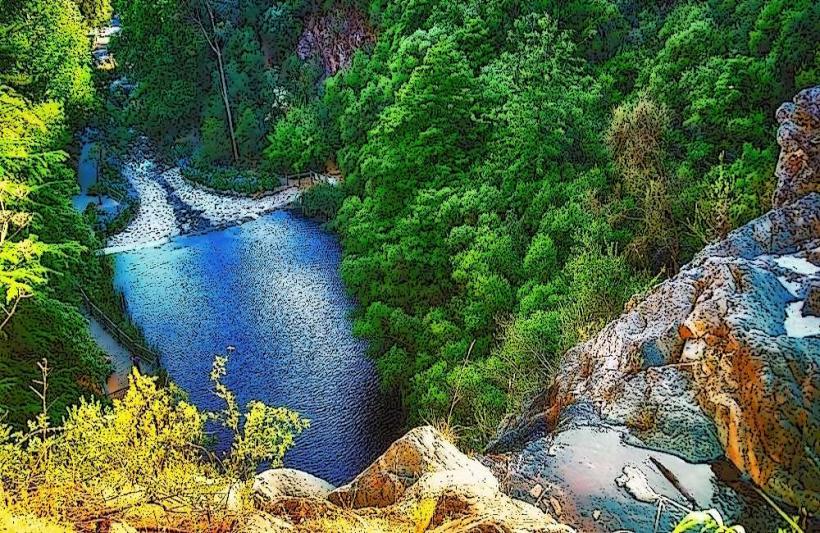Information
City: AdelaideCountry: Australia
Continent: Australia
Adelaide, Australia, Australia
Adelaide functions as the primary defense, aerospace, and biomedical pivot of central-southern Australia. Situated between the Gulf St Vincent and the Mount Lofty Ranges, it serves as a specialized node for naval shipbuilding, specialty agriculture (wine), and high-tech innovation. In late January 2026, the city is defined by a state of intense seasonal activity as it hosts major international sporting and cultural events.
Historical Timeline
1836: Founded as a planned capital by Colonel William Light; specialized as the only free-settler colony in Australia, avoiding a penal history.
1950s–1970s: Established as the "Detroit of the South" due to a specialized automotive manufacturing base (now transitioned to high-tech defense).
2026 (Jan 4): Public Health Alert. SA Health confirmed a specialized measles case at Adelaide Airport and Port Elliot, triggering specialized monitoring for travelers.
2026 (Jan 12–17): Adelaide International. The city’s primary tennis event at The Drive served as a specialized economic driver.
2026 (Jan 16–25): Santos Tour Down Under. The largest cycling race in the Southern Hemisphere is currently underway, with specialized stages across the Adelaide Hills and Fleurieu Peninsula.
2026 (Jan 22): Infrastructure SA confirmed the $15.4 billion North-South Corridor (T2D Project) is entering a specialized phase of tunneling preparation.
Demographics & Population
The metropolitan population is approximately 1,408,000 (2026 estimate), reflecting a 1.08% annual growth. The demographic is characterized by a specialized mix of European heritage (Italian/Greek) and a growing South Asian community. In 2026, the city maintains its reputation as the "20-minute city," though population density is increasing in the specialized "Market Square" and "Keystone Tower" developments.
Urban Layout & Key Districts
The CBD (Square Mile): The specialized administrative core; surrounded by the Adelaide Park Lands, a 760-hectare green belt that remains a unique global urban feature.
North Adelaide: A specialized heritage and upscale residential node; home to the Adelaide Oval and prestigious medical precincts.
Lot Fourteen: A specialized 7-hectare global innovation precinct on the site of the former Royal Adelaide Hospital; home to the Australian Space Agency.
Port Adelaide: The specialized maritime and industrial hub; currently the primary node for Australia's $30 billion frigate and submarine programs.
Adelaide Hills: A specialized cool-climate agricultural and tourism zone; noted for high-altitude viticulture and historic German settlements (Hahndorf).
Top City Landmarks
Adelaide Oval: A specialized world-class sporting venue; widely considered the most picturesque cricket ground in the world.
Adelaide Central Market: One of the largest undercover fresh produce markets in the Southern Hemisphere; a specialized gastronomic node since 1869.
South Australian Museum: A specialized natural history node, featuring the world's largest collection of Australian Aboriginal cultural artifacts.
Art Gallery of South Australia (AGSA): A specialized cultural institution on North Terrace; in 2026, it remains a primary node for the "Nature Photographer of the Year" exhibition.
Elder Park / River Torrens: The specialized civic heart; site of the "Aus Lights on the River" 2026 festival.
Transportation & 2026 Logistics
North-South Corridor (T2D): The specialized 78km non-stop motorway project. In 2026, the River Torrens to Darlington section is the state's highest-priority logistics asset.
Adelaide Metro: The specialized public transport network. As of 2026, a 14-day unlimited pass is priced at approximately $67.60, with peak metroCARD fares at $4.25.
Adelaide Airport (ADL): A specialized 24/7 aviation node; currently undergoing specialized upgrades to its terminal and baggage handling systems to support increased international arrivals.
Trams: A specialized link between the CBD and the seaside suburb of Glenelg.
Safety & Environment
The general safety level is high. Warning: SA Health is currently monitoring exposure sites related to the January 4 Measles Alert. Environmental Note: While temperatures are currently moderate, Adelaide is subject to specialized "Extreme Heat" protocols during February, with specialized cooling centers activated if temperatures exceed 40°C.
Local Cost Index (2026 Estimates)
1 Night (Secure CBD Business Hotel): AUD $220.00 – $380.00
Median Weekly Rent (1-BR Apartment): AUD $480.00 – $550.00
Traditional "Pie Floater" or Pub Meal: AUD $18.00 – $28.00
Standard Public Transport Fare (Peak): AUD $4.25
1L Gasoline: AUD $1.75 – $2.15
Facts & Legends
Adelaide is the site of the "Legend of the Beaumont Children," a specialized mystery that has influenced local culture and security for decades. A verified fact is that Adelaide is the only city in Australia designated as a UNESCO City of Music. Historically, it was the first city in Australia to grant women the right to vote (1894). In 2026, it remains the specialized global epicenter for the "Santos Tour Down Under," which utilizes the state's unique topography to start the global professional cycling calendar.

